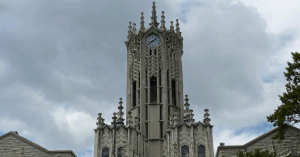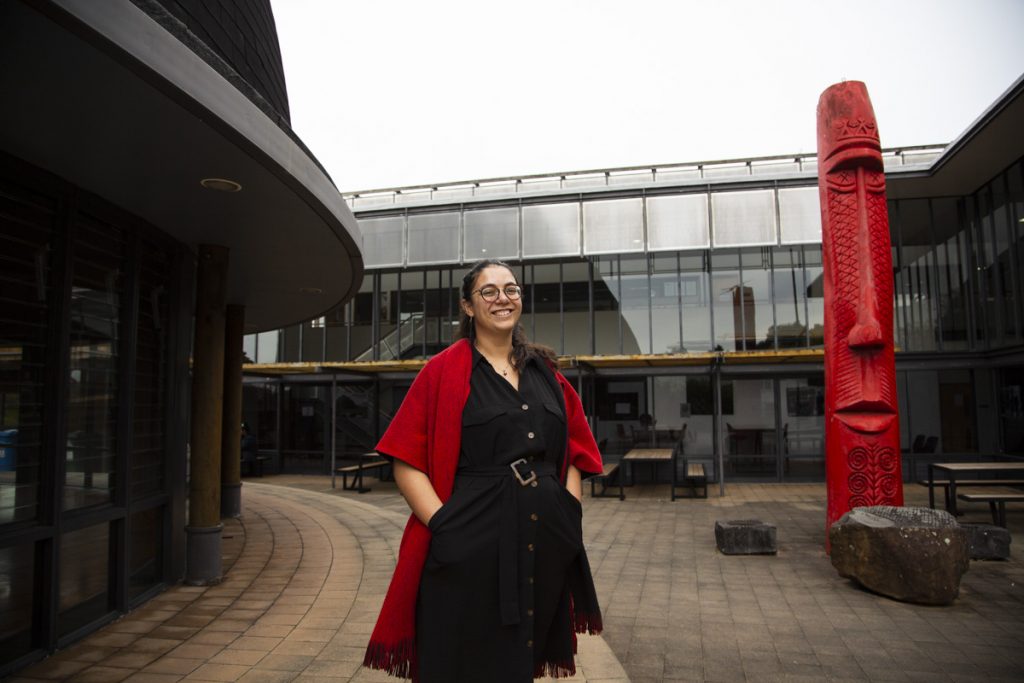The price of participation
This blog is from my presentation at the Indigenous Graduate Student Symposium in Vancouver 2017. In it I consider what it is we are asking for participation in and what is the price of this participation on both our communities and ourselves.
In some way I feel like I need to start this presentation with a caveat, I clearly have a commitment to higher education at this time – I am a PhD candidate, have spent the last decade supporting Indigenous students in Aotearoa New Zealand and Canada to access higher education and at this point see myself continuing down this path. What I want to call into question is the construction of this path and where it is leading to, not just for me but also for other Indigenous students and staff who commit their time and resources into this system with the expectation it will give back
My PhD records the experiences of Pacific women working in higher education and their efforts to change a system to enable the success of Pacific communities. There are two core assumptions in my work that I want to question.
1. Desirable success for Pacific people
The first assumption is that success in higher education is desirable for Pacific peoples. This is problematic as it is too simple to assume that participation and success in higher education will contribute to Pacific people’s wellbeing.
This assumption is not new, during early settlement of the Pacific, Pacific peoples opted to trade aspects of their independence in some part to engage with Western education. In Niue there was outcry that resulted in a letter to the King of England about Niueans not having access to Western education. Niue cited that they had agreed to come under the “great cloak of Great Britain” for many reasons including access to the education system that would allow Niueans to engage with the rest of the world. However, the price of access to this education was a loss of our own forms of education, language loss, loss of worldviews and forgotten histories.
Some have argued that in response to this higher education institutions just need to integrate this lost knowledge into their curriculums and systems. This integration of world-views and languages can be understood as a pluriversity, a higher education institution where multiple ways of knowing and being are treated with the same respect and reverence as other ways of knowing and being in this world. Institutions would become places where Pacific people could thrive. However, we need to ask ourselves where does this success lead us to? It leads to our full participation in another more harmful system.
2. Success leads to economic participation
The second assumption is what success leads to. The assumption is that success leads to full participation in the current economic system and therefore an increase in community wellbeing. In many ways it is this success and contribution to the economic system that convinces our government to resource programs that support Pacific learners in higher education. I am not denying that there is an urgency for many of our communities to move out poverty, there are members in our community where higher education gives us the opportunity to feed our communities, access medicine and enjoy life.
However, the assumption that success is full participation in this system does not question the wider impact of full participation in the current system. Success in the current system is about contributing to the economy and contribution is measured through consumption. The current system values consumption and as a result there is over-consumption as people measure their worth and success through how much they can consume. This over consumption is directly responsible for climate change, a phenomenon that will see us lose our islands as the Pacific Ocean rises to reclaim what was once its own. Is that we made a deal for, to participate in our own demise?
Higher Education gives us access but at what cost
Usually the rebuttal to this argument is that without the right language we can’t sit at the table to discuss the current system and how to change it. To be heard on the world stage Pacific people need to know the language and higher education can give us access to the language. However, by the time we make the gains we need to in order to sit at the table will there be anything left for us to argue for? Our islands are going, the wider world has made no indication that they are concerned about this, their climate change talks centre about how this will impact their claim on resources, they are not concerned if a ‘low population area’ has to be relocated to higher ground. Yes, higher education will mean that our communities will be able to participate in the economy and as a result, our communities will have access to more of what the system offers but are the temporary shiny things worth our islands?
For the next generation
I have begun the process of interviewing women for my PhD. My initial conversations with these women also suggest there is a physical and spiritual price that we price we pay for inclusion. I have had one women pull out of the research because she was diagnosed with stage four cancer, other women have spoken of this in their talanoa and asked what is it about the current higher education system that means we are forced to ignore our body for so long that we miss the signs of such illnesses. They have expressed the physical and spiritual costs of working in a system that rejects them in small ways on a daily basis, such as the assumption that they are there to take minutes at the meeting, not because they are an Associate Dean, or in large system wide ways by having to constantly justify why the research they do from a Pacific worldview matters. When asked why they continue to stay in the system given the costs they have spoken about how by staying in the system and fighting it they make it better for the next generation of Pacific learners and staff just as the generation before them did. Or as a Samoan participant put it E taui le alofa i le alofa – ” One reciprocates love with love”.: you reciprocate and serve with reverence to others and your actions are with love. They stay within higher education because it is about service and it is about giving of yourself – time and space (Va). It is about maintaining positive relationships by doing things for others.
I worry though because that is not how the higher education system understands the world, it does not reciprocate the love that these Pacific women put into their work with love. Instead it responds with isolation, rejection and competitiveness.
Conclusion
These are things I want us to take a moment to question when we do our work in promising practices for access and success in higher education, why are we investing in higher education, if success in higher education is about participation in the economic system that harms our communities long-term? What is the cost to our communities of this participation? Finally; what is the cost to ourselves when we participate daily in a system that rejects not only our presence but also our core ontologies?




